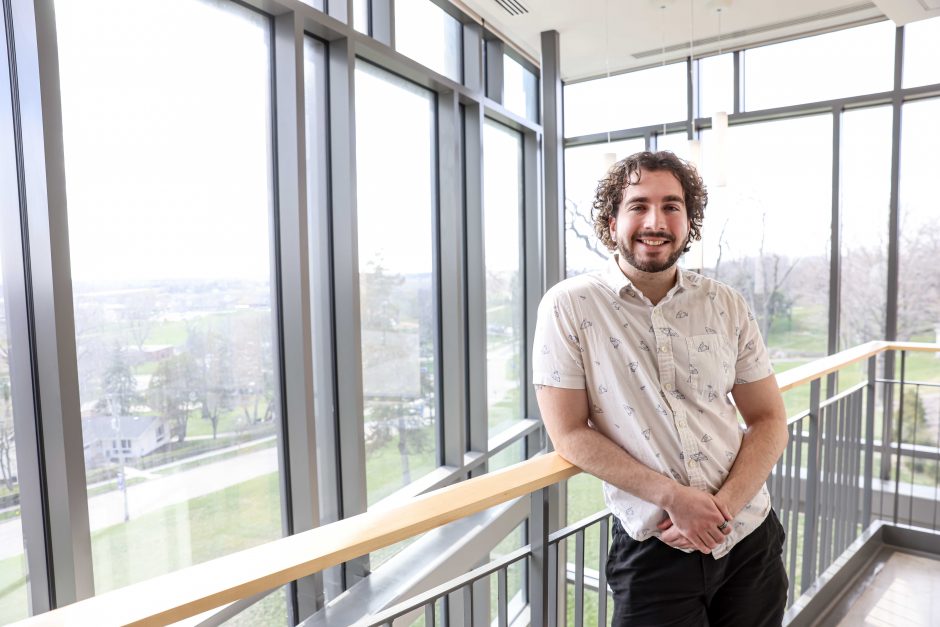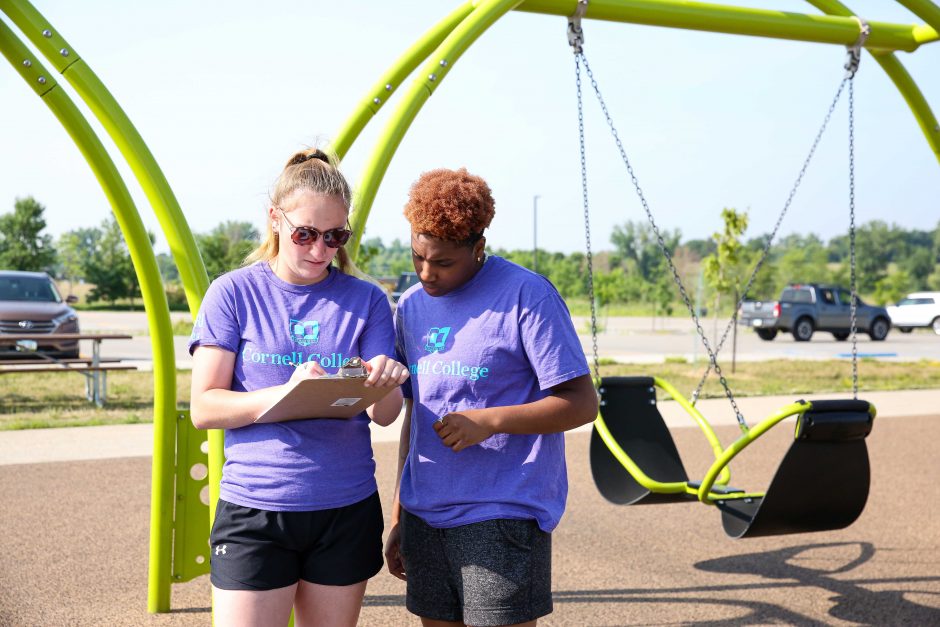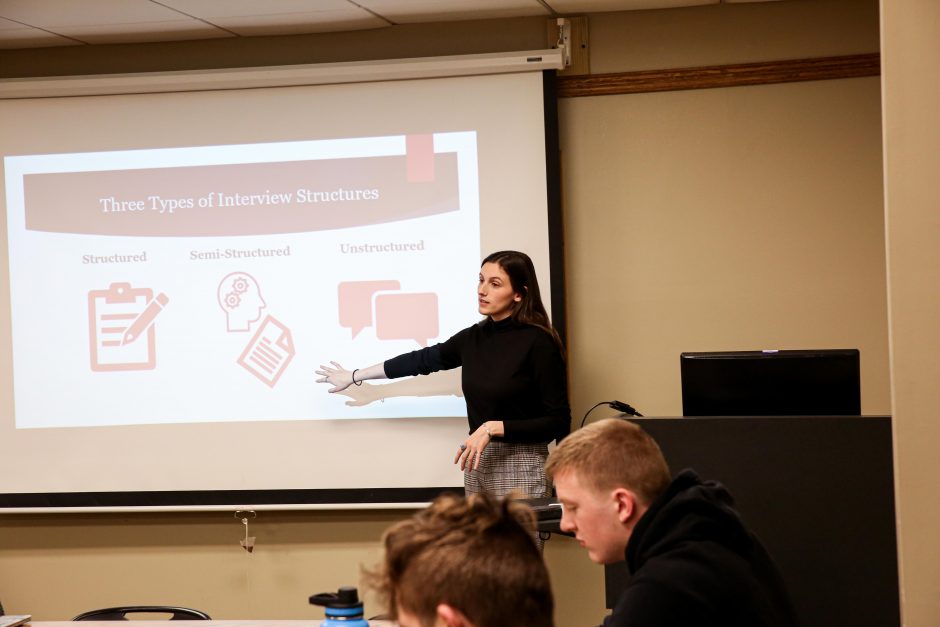2011-2012 Chautauqua Program schedule
The 2011-2012 Cornell College Chautauqua Program is now open for registration. The program is open to anyone seeking enrichment through lectures, films, music, and other means of enlightenment.
A new subject is introduced every term with the sessions meeting on Mondays from 9 a.m. to noon in Hedges Conference Room in The Commons. The cost for each four-week program is $30 with a request for pre-registration on the Wednesday prior to the beginning of each course. Lunch is available in Student Dining for $6.00 per person.
To register, contact Alice Povey at (319) 895-4119 or apovey@cornellcollege.edu
The planned schedule is:
Block 2: October 3, 10, 17, and 24—Disasters and Tragedies in the Western 19th Century
Richard Peters, M.A., Professor Emeritus, Education
Life was often difficult on the 19th century American frontier, but some incidents were so troubling as to last in our memories forever.
We will take a careful look at four of these events and assess their importance at the time of their occurrence and for us today. Our topics will be The Donner Party, The Sand Creek Massacre, The Mountain Meadows Killings, and the fight at Wounded Knee.
People alive today still have a great investment in the details of these events, and we will examine the controversies surrounding each of them and the changing interpretations of the motives and the events themselves. Such is the beauty and excitement in the study of history.
Please register by: September 28
Block 3: October 31, November 7, 14, and 21—Iowans Writing on Iowa
Richard Thomas, Ph.D., Professor of History and Chaplain Emeritus
Why are so many authors and artists fascinated by Iowa and the “Iowa Experience?” What is that experience and how has it shaped our image of who we are as Iowans? Authors and artists have made Iowa available to the world, but do they present a positive or negative picture of the land and people?
This program is a series of readings, discussions, lectures, images, and films all dealing with views of Iowa. We will consider films such as State Fair and The Music Man, along with the works of Grant Wood and Marvin Cone, and a wide variety of novelists and poets. We will also read classic essays by Paul Engle and Clarence Andrews, and consider the works of other writers such as Cornell’s own Winifred Van Etten. The list of possible “interpreters” gives us a host of opportunities to look at ourselves from a wide range of experiences and perspectives.
A reading list for those interested will be sent to those who register in advance. The program will include some guest speakers with special interest in specific authors.
Please register by: October 26
Block 6: February 6, 13, 20, and 27 —The Civil War: The First Two Years, 1861-1862
M. Philip Lucas, Ph.D., Professor of History
150 years ago the United States was ripped apart by civil war. By the end over 600,000 were dead, the South was in ruins, a president was murdered, the nation was reunited, and four million slaves were free. The complexities of the period 1861 to 1865 are immense, and historians have produced book after book to explain the cause, the course, and the effects of war. This Chautauqua will examine the first two years of the war. We will begin with the election of Abraham Lincoln in November 1860 and conclude with the signing of the Emancipation Proclamation. Military events will naturally compose a significant part of the course (we’ll keep a close eye on what Iowa troops were up to), but politics, North and South, and the effects on society will also receive attention.
For Confederates and Yankees alike, on New Year’s Day 1863 the end was inexplicably not in sight. What they experienced to that point and how they felt is what we need to explore.
Please register by: February 1
Block 7: March 5, 12, 19 and 26—From the Page to Performance to…Possibilities – Bringing Life to the Dramatic Text
Jim VanValen, M.F.A., Assistant Professor of Theatre
“A Play is not a Play until it is Played.” The playwright’s words are not meant simply to be read, but must be brought to life with breath and body, shape and sound, vision and imagination – in short: plays are meant to be played. This course will look at the choices made by artists within various productions of dramatic texts. We will examine certain works from the American Theatre and explore the particular interpretations made by directors, actors, and designers toward bringing the playwright’s words to life in performance. We will read plays, view excerpts from various productions, discuss our responses, and take part in performing our own staged readings of certain scenes during each session.
My hope is that individuals will develop a greater awareness, appreciation, and critical eye toward the artistic choices made in presenting a story to an audience. Attendees may wish to have a copy of the following plays being examined in the course: Arthur Miller’s Death of a Salesman (March 5th), Tennessee Williams’ A Streetcar Named Desire (March 12th), Lillian Hellman’s The Children’s Hour (March 19th), and Thornton Wilder’s Our Town (March 26th).
Please register by: February 29
Block 8: April 9, 16, 23 and 30—The 2012 Presidential Election and the Political Science of Elections
David Yamanishi, Ph.D., Associate Professor of Politics
This Chautauqua will address the 2012 presidential election and American elections generally. We will ask fundamental questions such as why third parties have been electorally unsuccessful in America, whether gerrymandering and primaries have made the parties more extreme, and how political polling works. We will then look at how political scientists look at the 2012 election: how they try to predict the outcome; whether the Iraq, Afghanistan, and Libya (and other…?) conflicts are likely to affect the election; whether the election is likely to make a dramatic difference in economic and foreign policy. Specific topics may change depending on then-current events and facts, such as the identity of the Republican nominee.
Please register by: March 28



